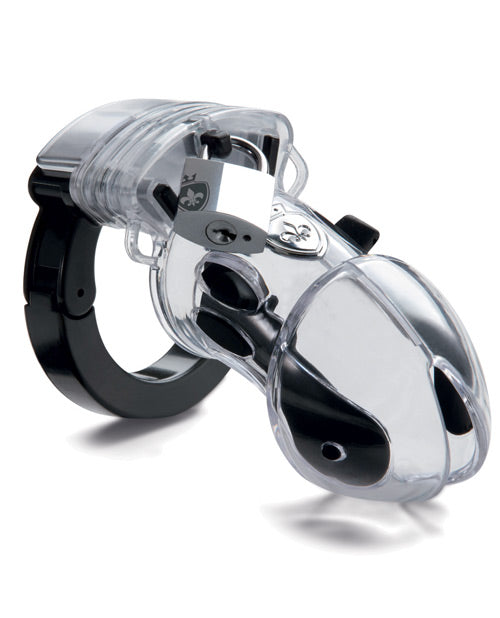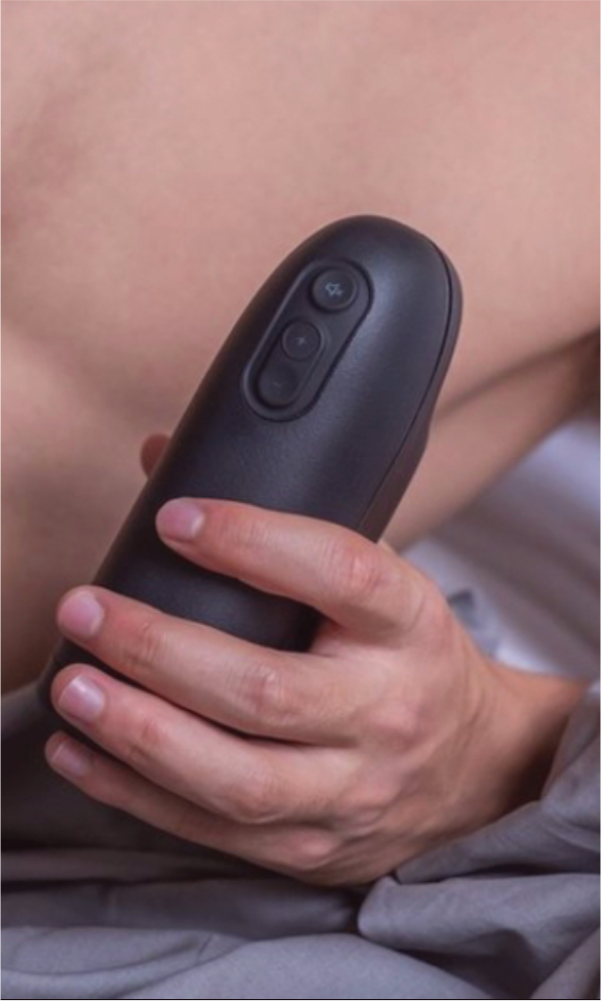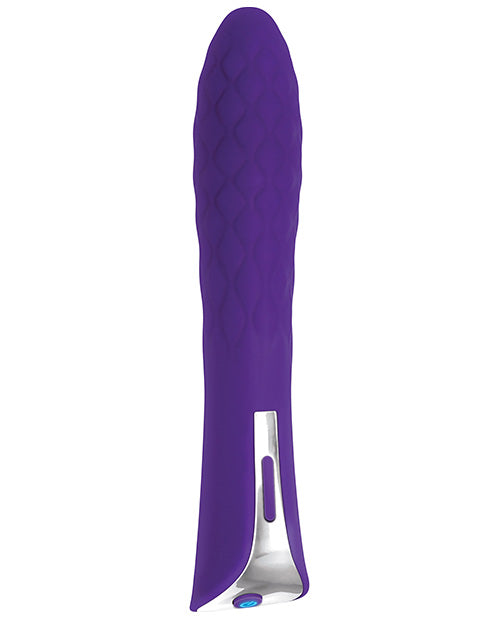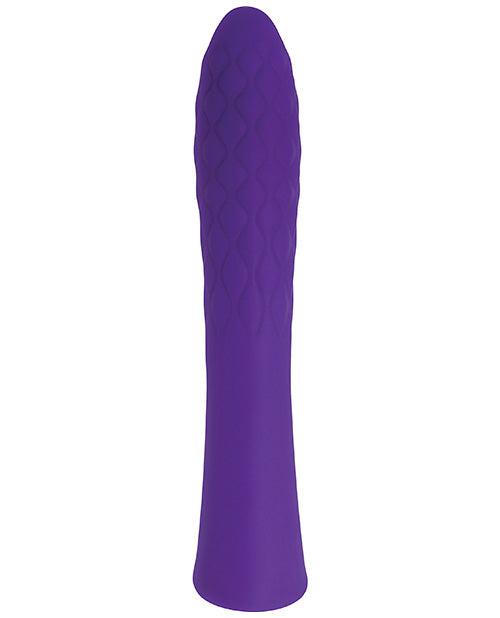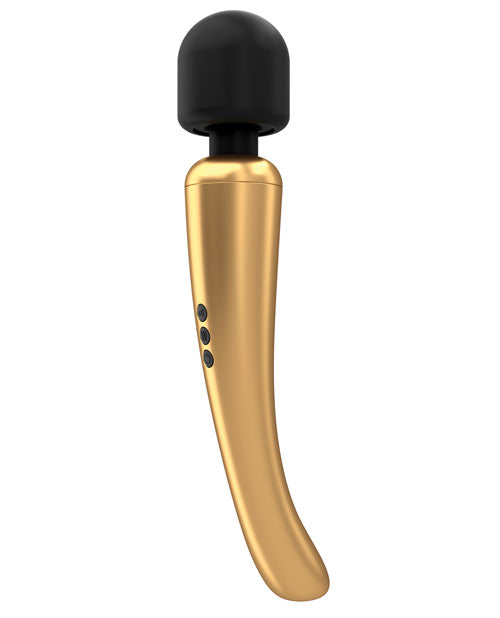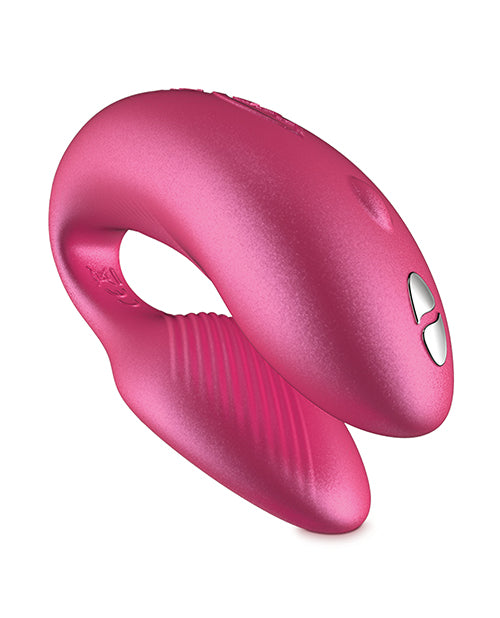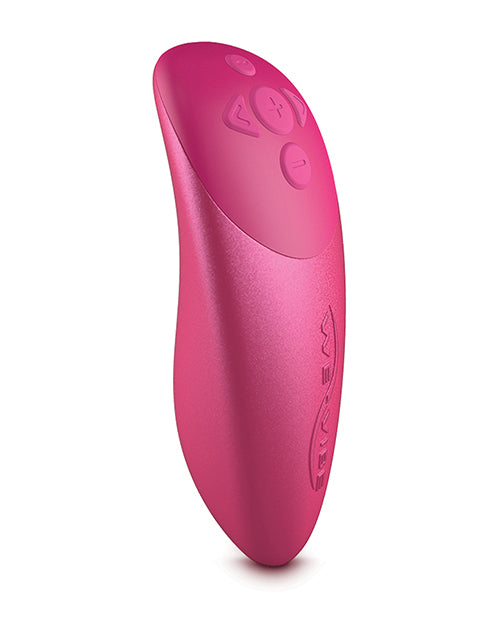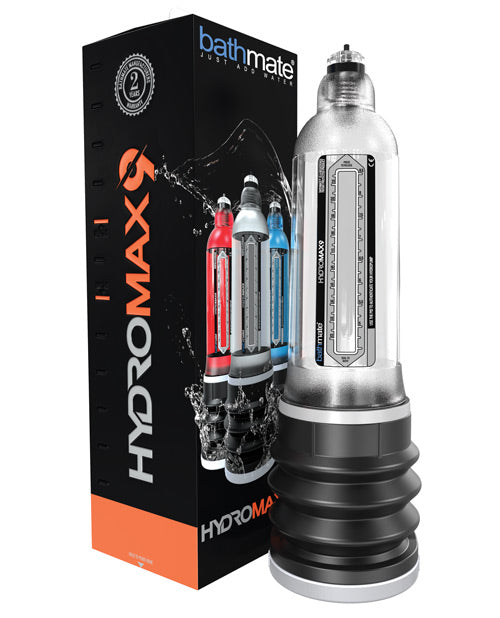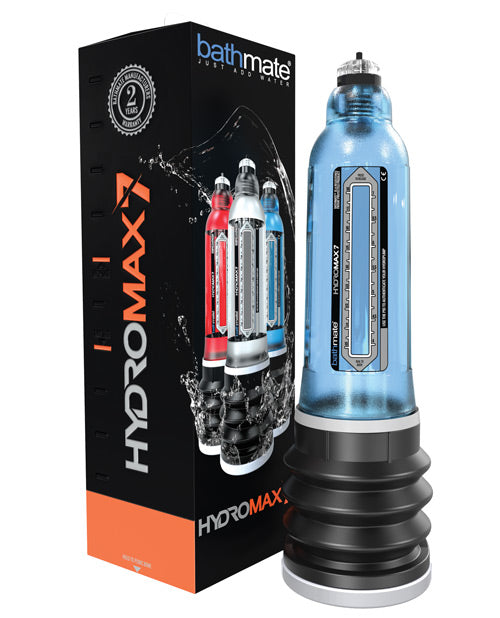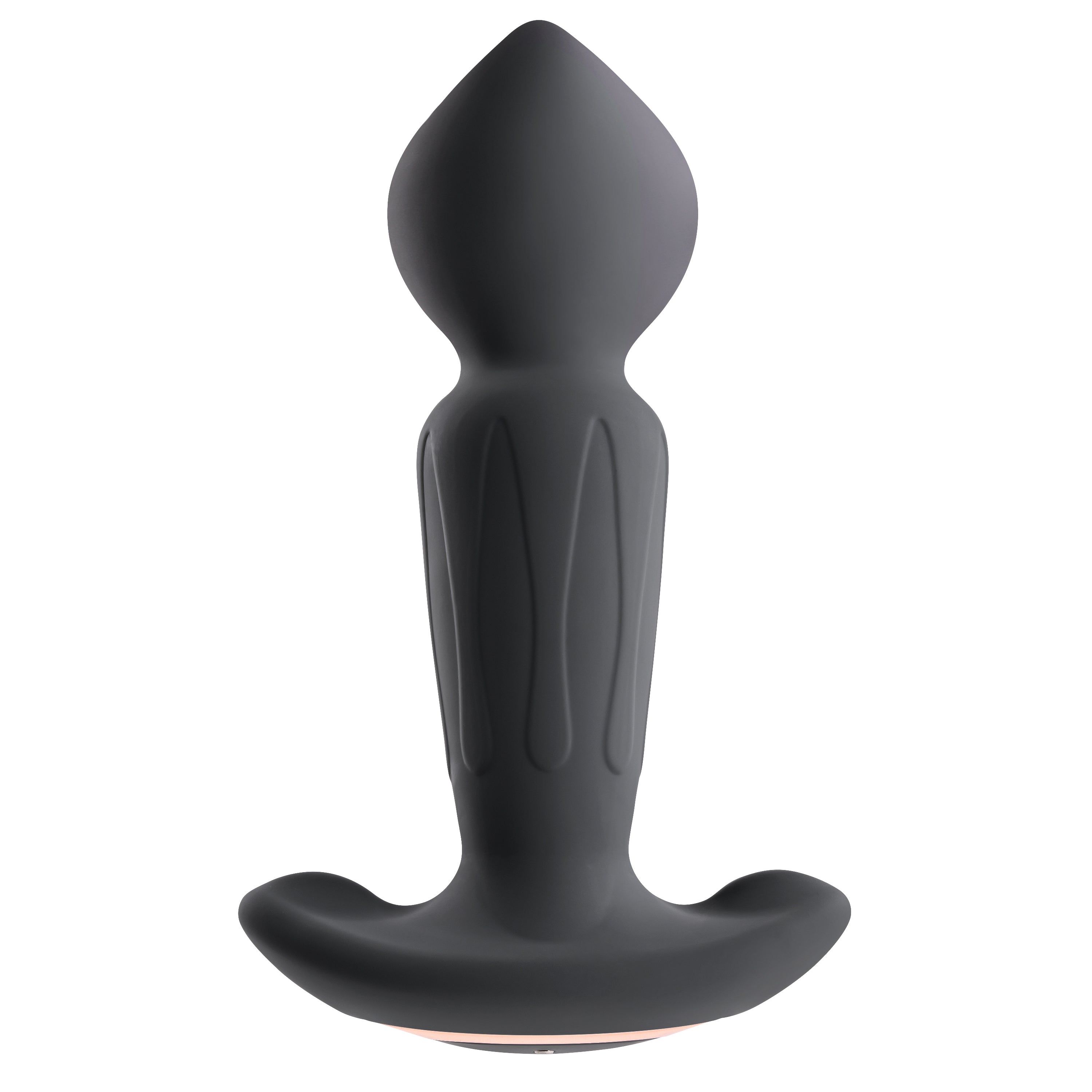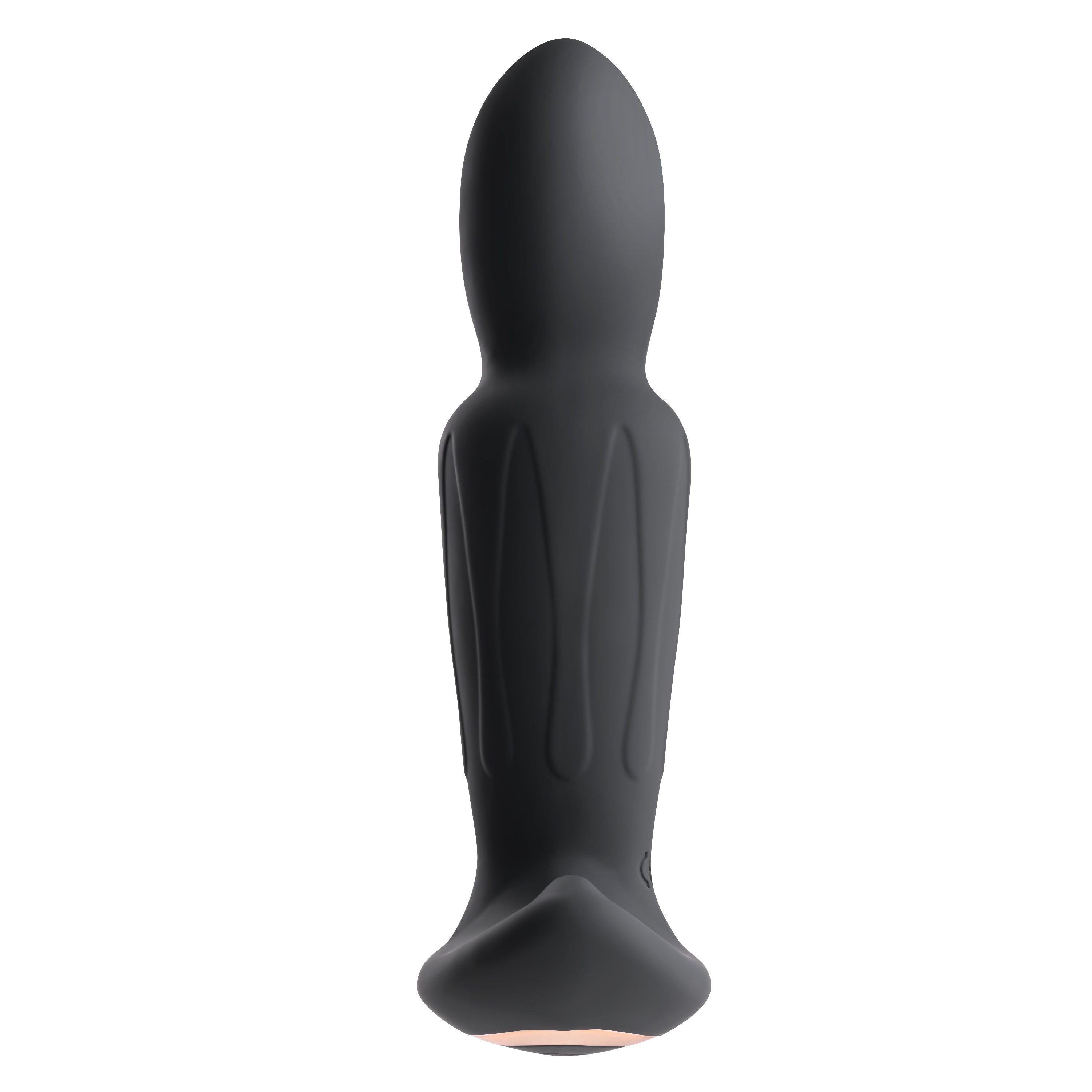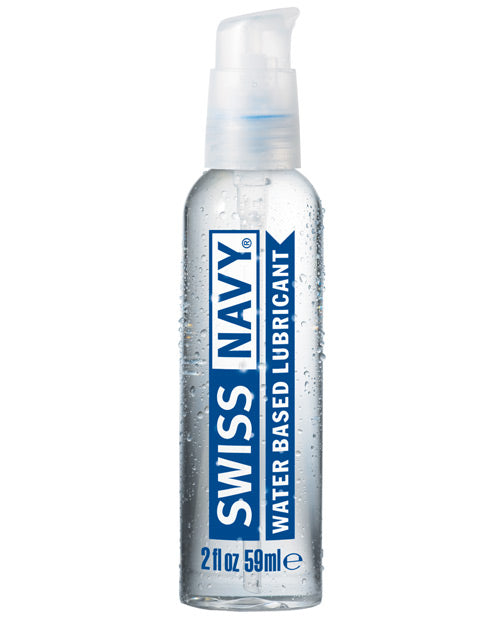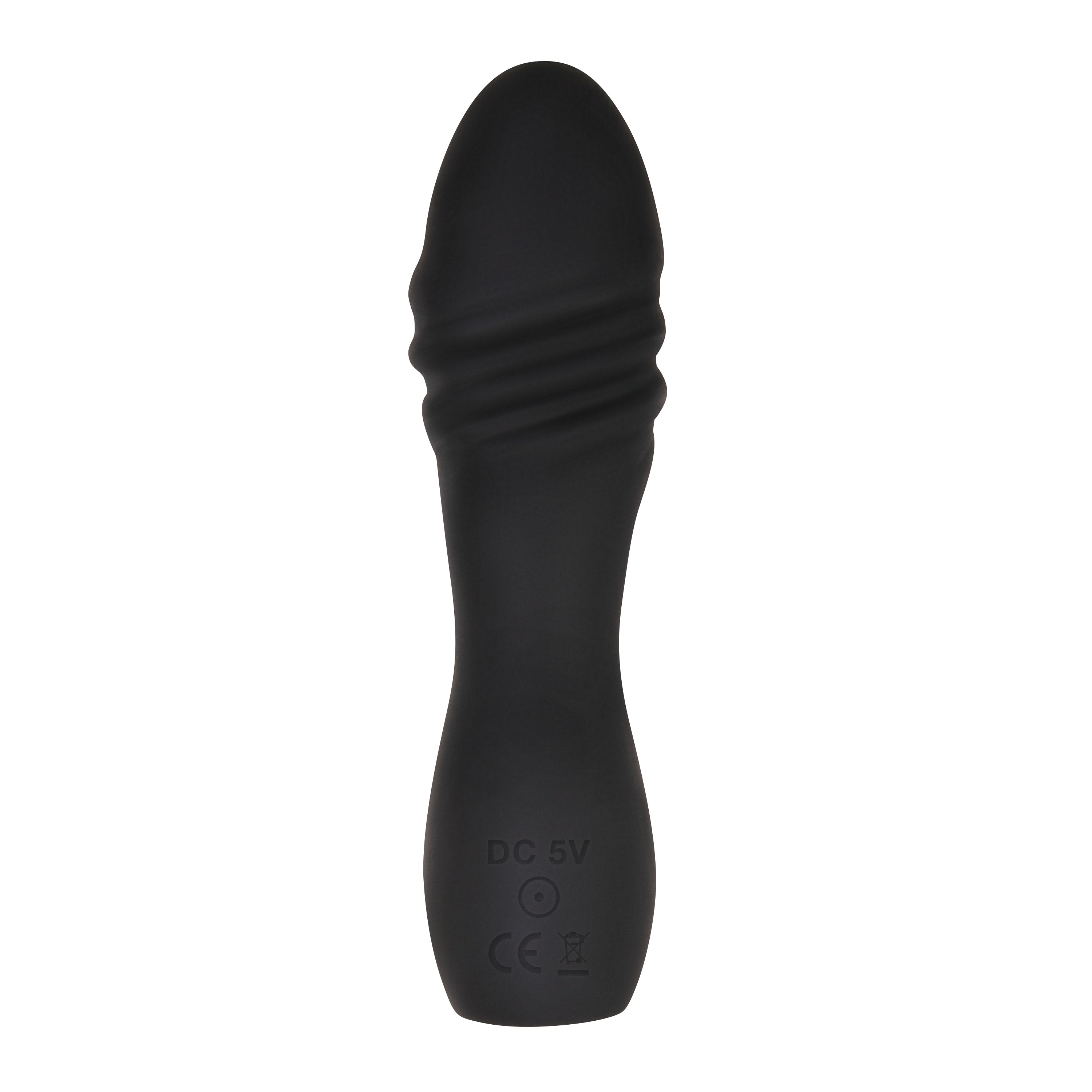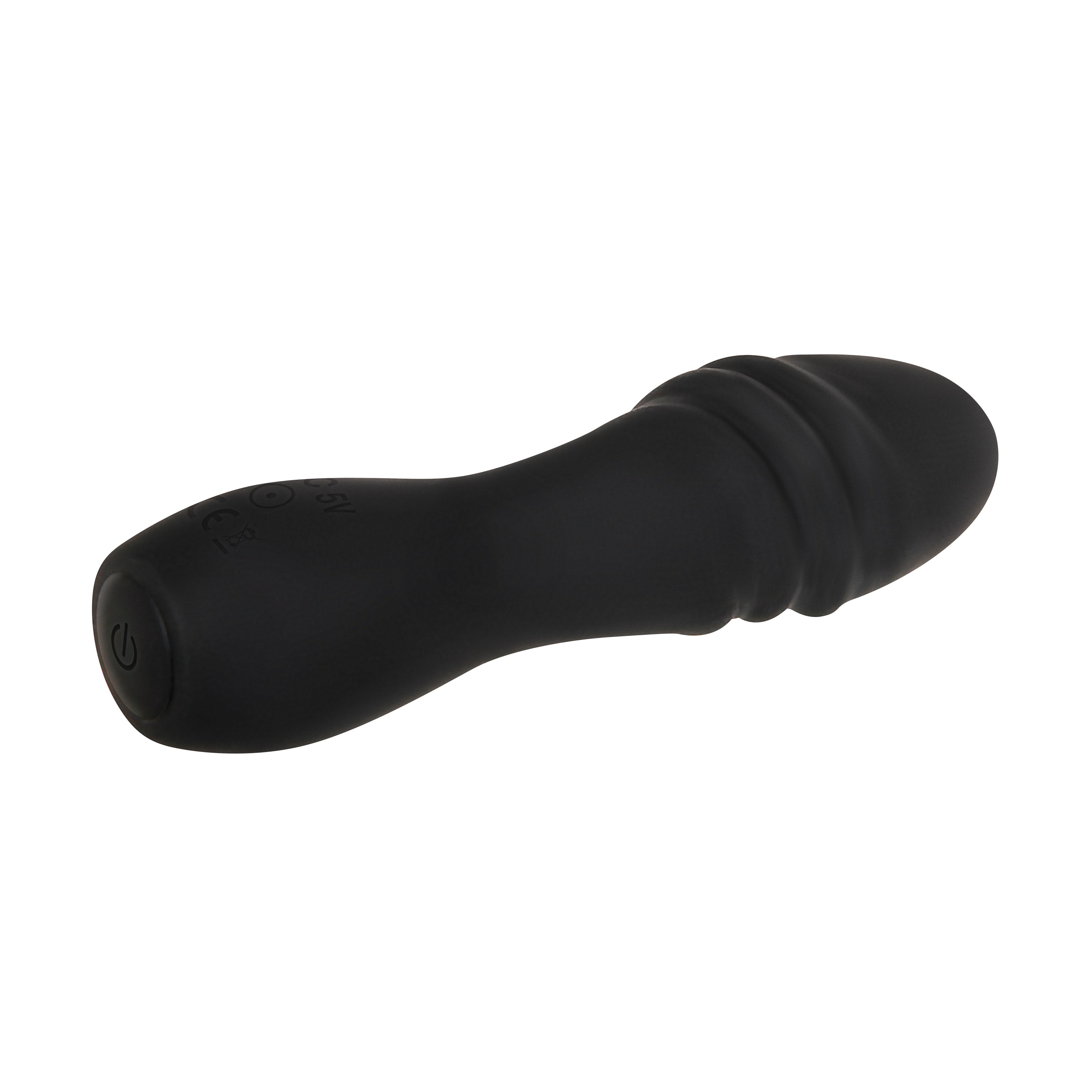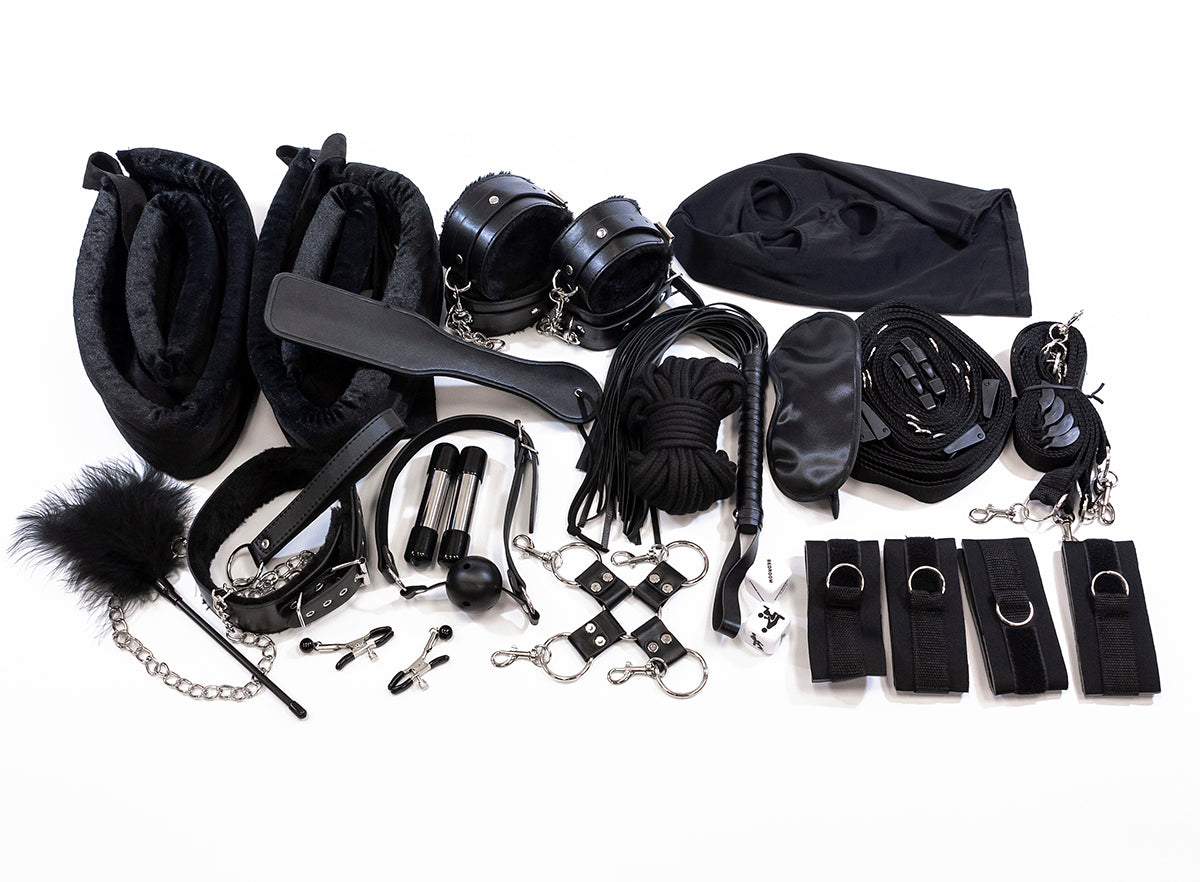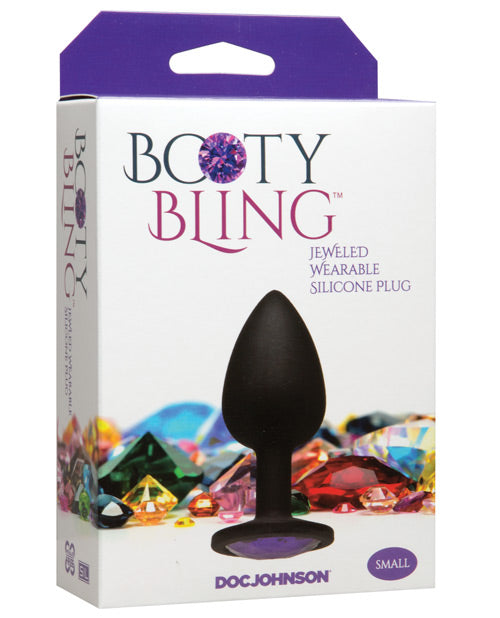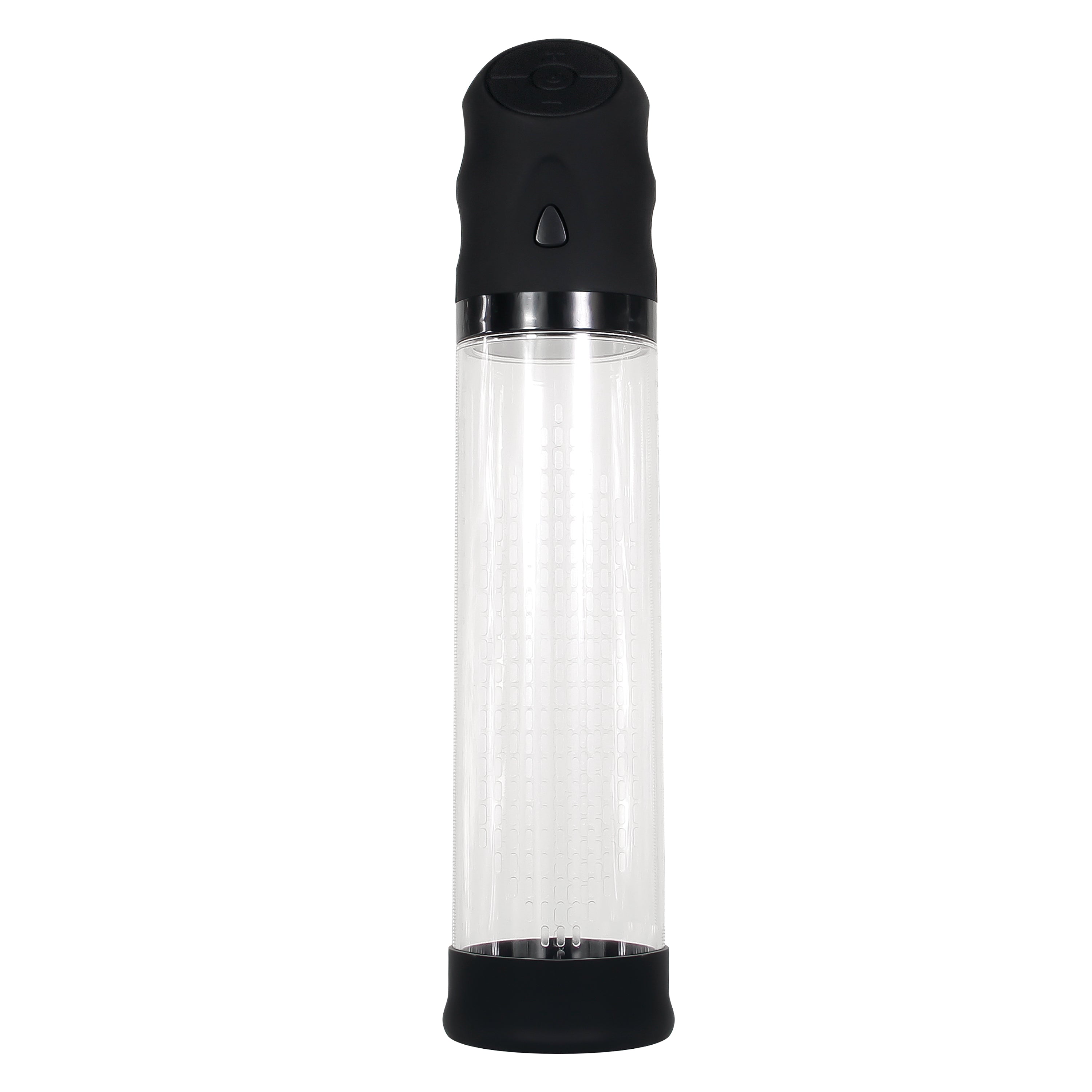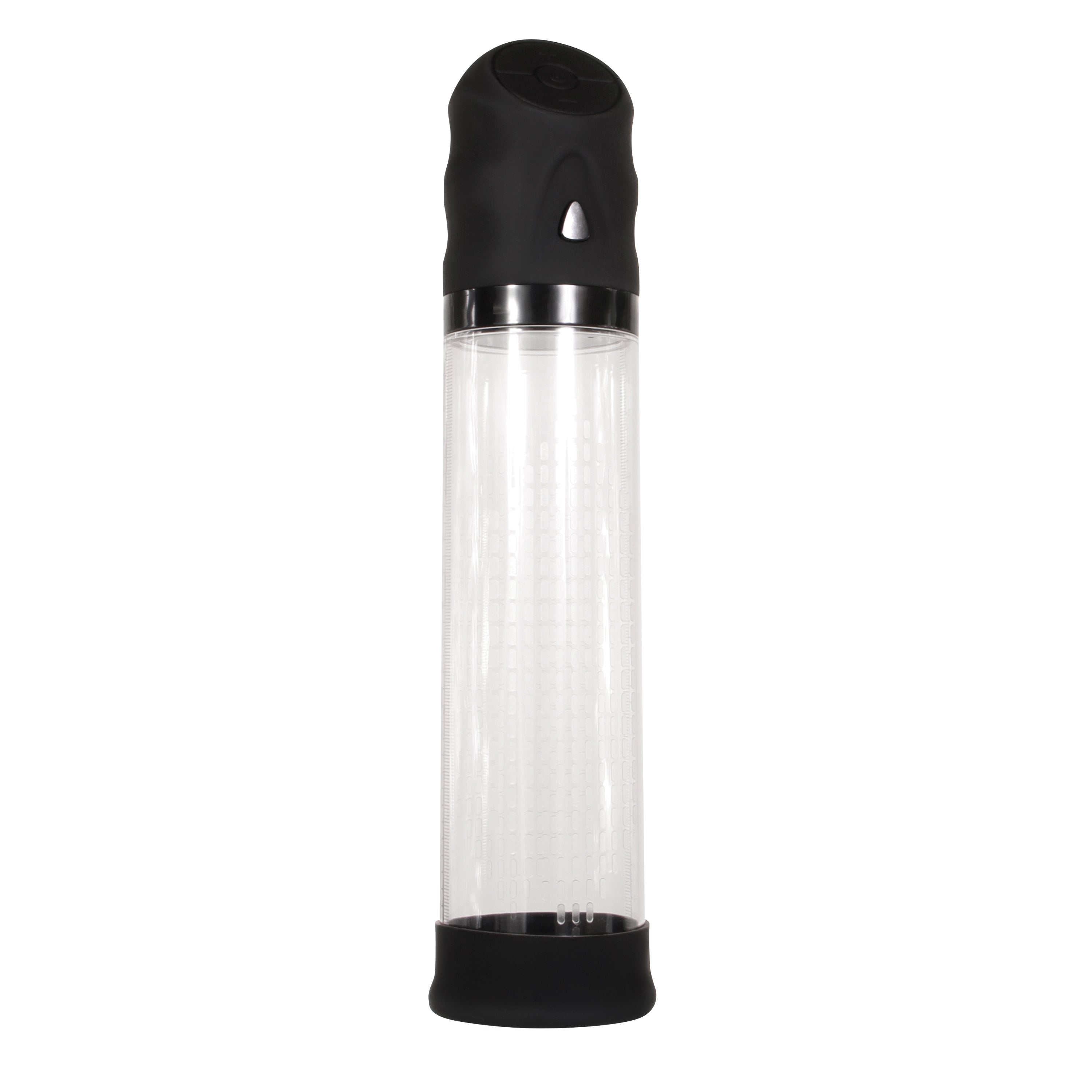Make love fun with Fascinations, a trusted luxury pleasure brand and leading adult lifestyle, sensual health, and wellness products retailer. Shop and discover many wonders to enhance intimacy and self-care.
New Arrivals


Pipedream Products
Fetish Fantasy Series Body Dock Sex Machine
Sale price$599.99
Regular price$630.99
Sensual Health & Wellness for a Happy Healthy Life
Best Sellers

Blush Novelties
Blush Hung Rider Hammer 10" Dildo W/suction Cup - Flesh
Sale price$39.99
Regular price$56.99

Privately shop the largest selection of vibrators, toys, lubes, and games from the comfort of your couch.
Let’s Talk Sex. Read our latest blogs and sexual wellness articles.
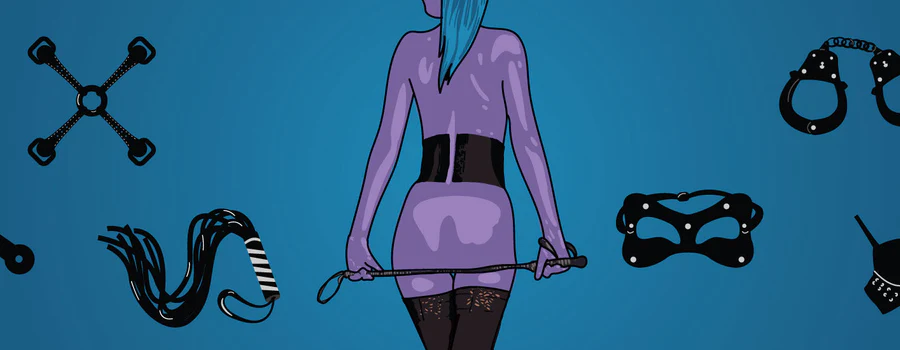
Dominatrix Toys for Ultimate Pleasure and Control
Exploring the world of dominance and submission requires the right tools to ensure an exhilarating and satisfying experience. Whether you are a beginner dominatrix looking for a dominatrix tutorial or an advanced Domme refining your technique, sel...

Cock Rings 101: Vibrating vs. Non-Vibrating Cock Rings
Cock rings are one of the most popular male sex toys, offering a variety of benefits from enhancing stamina to increasing pleasure for both solo and partner play. Whether you’re a first-time user or an experienced enthusiast, understanding the dif...

How to Care for Fetish Lingerie
Fetish lingerie is more than just intimate apparel; it’s a statement of style, confidence, and self-expression. Whether you indulge in BDSM lingerie, fantasy lingerie, or fetish accessories, proper care is essential to maintain its quality and lon...






































